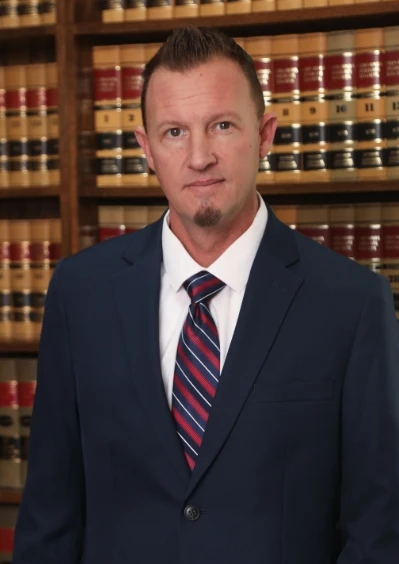Is Emotional Abuse Illegal According to California Family Law?

In many states, domestic violence and abuse are only illegal if victims suffer the threat of harm or real harm. But in California, it is technically possible for a family member to face criminal charges for emotional abuse as well as juvenile proceedings for abuse and/or neglect related to the emotional abuse to minors. Does this mean that you or your family member might go to jail for saying the wrong thing? What happens if you are experiencing emotional abuse in your family? What happens if you fail to prevent emotional abuse to your children? You may need to get help from an experienced family law attorney.
Emotional Abuse May Constitute Domestic Violence in California
California’s laws specifically provide that emotional abuse may amount to domestic violence and/or harm, injury or endangerment to a child where a person willfully causes or permits a child to suffer unjustifiable mental suffering or endangering the health of a child.
Words that are intended to “control, intimidate, or subjugate someone else through fear” can be classified as domestic violence. Someone reading this may assume that this only applies to threats of violence, but this is not always the case. Threats are usually quite overt in nature, and they include specific details about the harm that will occur if the other party does not comply.
But California has omitted the word “threat” entirely from this specific definition, suggesting that it may include words that do not simply communicate threats. Instead, they could include much more subtle words and “implied threats” rather than overt ones. Emotional abuse may also include things like stalking and cyber harassment. Of particular note is “revenge porn,” which includes the posting of someone else’s sexual activity without their permission. Often, this crime is carried out by exes who feel bitter about the end of relationships.
Does Emotional Abuse Affect a Divorce?
Even if spouses and parents do not face criminal charges for emotional abuse, these alleged acts may still affect their divorces and/or custody. For example, a parent may allege that their ex psychologically abused the children during the marriage – perhaps by name-calling or verbal humiliation. Although these acts might not lead to criminal charges, they may still convince a family court not to give the abusive parent custody of their children.
If you are wondering how emotional abuse might affect your divorce or custody proceeding, be sure to obtain an opinion from an experienced family law attorney. Evidence in the form of witness testimony and/or video and audio recordings is helpful to prove that the abuse occurred. Remember, the burden of proof lies on the shoulders of the accuser in the United States and California. Your word against the other party may simply not be good enough – but an attorney can help you gather the evidence you need to back up your claims.
Where Can I Find an Experienced Family Law Lawyer in California?
If you have been searching for experienced Riverside family law attorneys, look no further than the Knez Law Group. We know that laws regarding domestic abuse can be quite confusing in California, and we are here to guide you toward greater understanding. Book a consultation today to discuss your unique situation and determine the best route forward. We can help with things like upcoming divorces, child custody issues, and restraining orders. Reach out today to get started.

Matthew J. Knez graduated from the University of Redlands in California with a Bachelor of Arts degree in Creative Writing. He then pursued his law degree at the University of La Verne College of Law in Ontario, California, where he earned various awards, including the CALI Award in Torts, and was on the Dean’s List. During his time in law school, Mr. Knez was a member of the Justice and Immigration Clinic, working with individuals seeking asylum in the United States from countries where they faced persecution or threats of persecution. Additionally, he was an Associate Editor for the Law Review and published an article on California family custody move-away cases. Learn more here.
